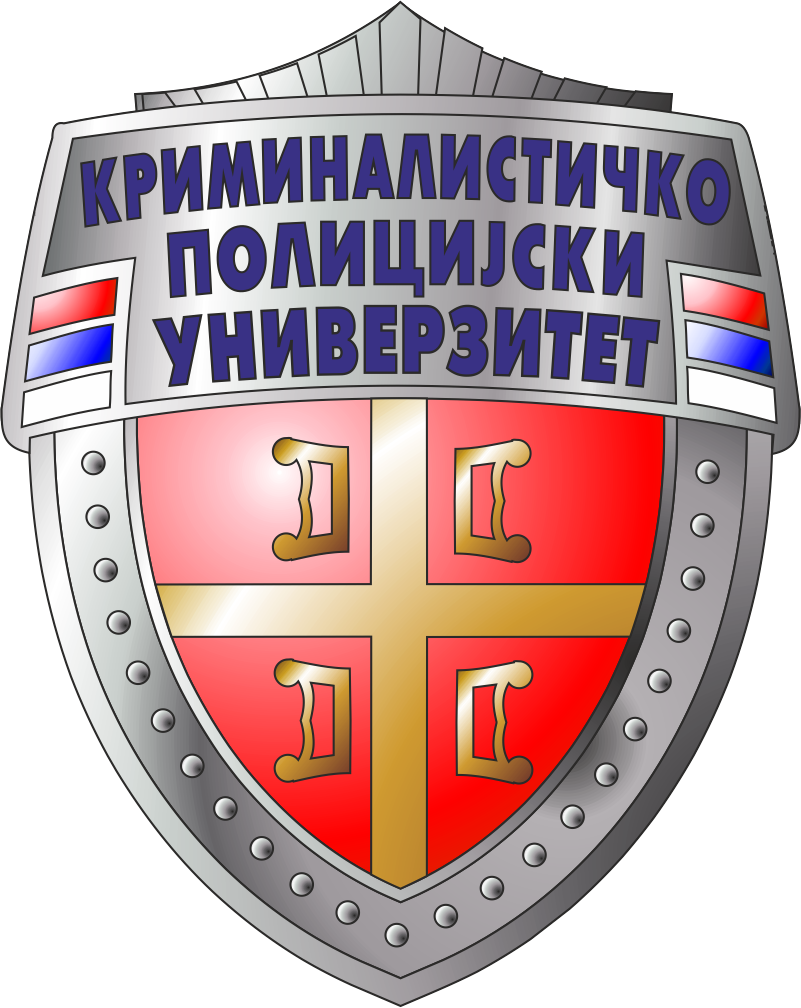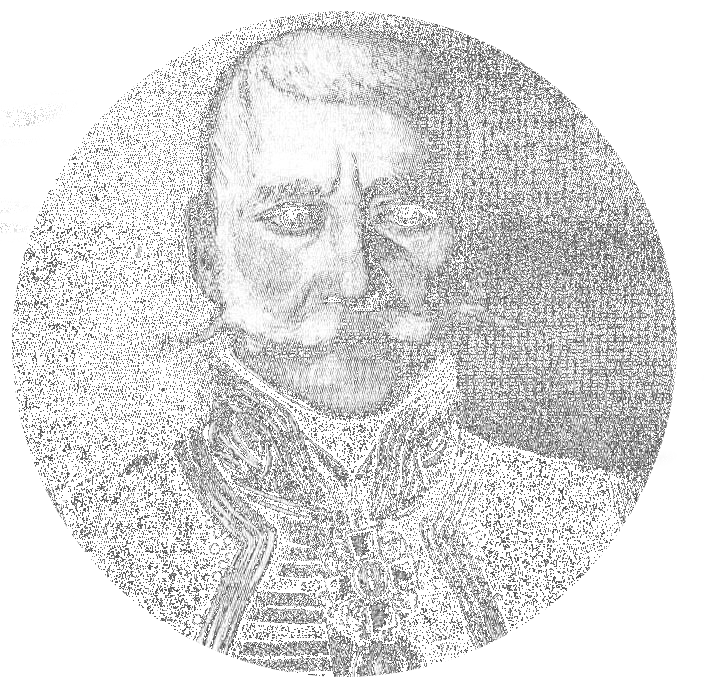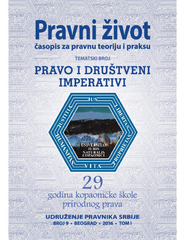Приказ основних података о документу
Dinamična faza krivičnog zakonodavstva Republike Srbije
The dynamic stage of the criminal legislation of the Republic of Serbia
| dc.creator | Kolarić, Dragana | |
| dc.date.accessioned | 2024-03-04T11:41:27Z | |
| dc.date.available | 2024-03-04T11:41:27Z | |
| dc.date.issued | 2016 | |
| dc.identifier.issn | 0350-0500 | |
| dc.identifier.uri | https://jakov.kpu.edu.rs/handle/123456789/1673 | |
| dc.description.abstract | In the last period, in theory one more often sees the claim that both in Serbia and other European countries a dynamic can be noticed that did not exist earlier, when it comes to changes to the criminal codes. Frequent changes are the result of the adjustment to international obligations, which countries take over by ratifying certain international agreements. Besides conventions, both regional and international, of special importance for the reform is the EU acquis. Nevertheless, one should not rush with such harmonisations. Until Serbia becomes a full member of the EU, much time will pass, and many EU documents will undergo changes. In addition, it should not be forgotten that there are certain behaviours whose indirect basis for prescribing are not international obligations or internal legislation, but can be related to our environment, bad experience in Serbia, which may be a basis for criminalization of such behaviour in the Criminal Code (for example, abuse in privatization process). It is clear that the changes and amendments to the Criminal Code of Serbia started due to the needs for harmonization with international obligations, which Serbia has taken over by ratifying certain international agreements (in this case, the attention will be focused on the Council of Europe Convention on preventing and combating violence against women and domestic violence), but also due to harmonization with common standards applicable in some European countries (economic crimes). The first part of the paper attempts to find the reasons for this dynamic stage our criminal legislation is going through at the moment, but also examines the identical situation at the level of the EU and its Member States. The second part of the paper analyses the draft Law on Changes and Amendments to the Criminal Code of Serbia. | sr |
| dc.language.iso | sr | sr |
| dc.language.iso | en | sr |
| dc.publisher | Beograd : Udruženje pravnika Srbije | sr |
| dc.rights | openAccess | sr |
| dc.rights.uri | https://creativecommons.org/licenses/by-sa/4.0/ | |
| dc.source | Pravni život : časopis za pravnu teoriju i praksu. - Tematski broj: Pravo i društveni imperativi, T. 1 [29. godina Kopaoničke škole prirodnog prava, 13–17. decembar 2016] | sr |
| dc.subject | criminal legislation | sr |
| dc.subject | Serbia | sr |
| dc.title | Dinamična faza krivičnog zakonodavstva Republike Srbije | sr |
| dc.title | The dynamic stage of the criminal legislation of the Republic of Serbia | sr |
| dc.type | article | sr |
| dc.rights.license | BY-SA | sr |
| dc.citation.volume | 65, knj. 583 | |
| dc.citation.issue | 9 | |
| dc.citation.spage | 641 | |
| dc.citation.epage | 667 | |
| dc.identifier.rcub | https://hdl.handle.net/21.15107/rcub_jakov_1673 | |
| dc.identifier.fulltext | http://jakov.kpu.edu.rs/bitstream/id/6961/001.pdf | |
| dc.type.version | publishedVersion | sr |
| dc.identifier.cobiss | 517264060 |


